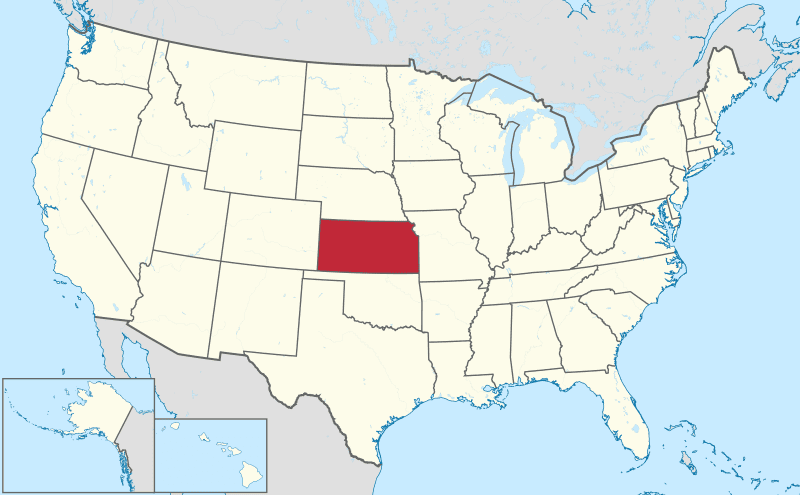Kansas is a reliably conservative state, but its citizens overwhelmingly voted to keep the “right” to an abortion. Meanwhile, the Indiana state legislature banned abortion, but with some exceptions.
Though the referendum took place in a primary election, which often attracts a low turnout, the issue brought lots of voters to the polls, with a turnout of 63%, equivalent to that of a presidential election. Kansans will flock to the polls both to elect a Republican president and to keep abortion legal.
Aren’t conservatives supposed to be pro-life? Do the Kansas results mean that abortion will be the issue that will turn red states blue, give Democrats an unexpected victory in the midterm elections, and resolve the culture wars in favor of progressives?
In her column What Pro-Lifers Should Learn from Kansas [behind a paywall], Peggy Noonan, a pro-life columnist for the Wall Street Journal, faults pro-life leaders for not putting forward a coherent response to the overturning of Roe v. Wade. “The pro-life advocates who filled the rhetorical void competed over who could be most hard-line: There should be no exceptions for rape, if it even was rape. There should be no exceptions for the life of the mother, that gives dishonest doctors room to make false claims. Maybe we can jail women for getting abortions.” This alarmed the general public, which is by nature leery of extreme positions.
“In Kansas,” she writes, “pro-lifers asked for too much.” Most Americans have a nuanced view of abortion, supporting it in some cases–such as in cases of rape, incest, or to save the life of the mother; or very early in the pregnancy–but agree that it should have limits. The Kansas referendum, though it would not have banned abortion in itself, seemed to have sweeping applications.
“Everything we know about abortion tells us that when you turn it into a question of all or nothing,” says Noonan, “you’ll likely get nothing.” That is, if you hold out to ban all abortions, no abortions will be banned.
In the meantime, Indiana became the first state since the overturning of Roe v. Wade to to ban abortion through legislation. But some exceptions were made. Landon Mion of Fox News summarizes the new law:
The new law bans the procedure except in cases of rape, incest and to protect the life and physical health of the mother. The rape and incest exceptions only apply in the first 10 weeks post-fertilization. Victims would not be required to sign a notarized affidavit attesting to an attack, which had previously been proposed.
Abortions will also be allowed if a fetus is diagnosed with a lethal anomaly.
According to the bill, abortions can only be performed in hospitals or outpatient centers owned by hospitals. This means all abortion clinics would lose their licenses. A doctor who performs an illegal abortion or fails to file necessary reports will also lose their medical license.
This law, which passed the Indiana House 62-38 and the Senate 28 to 19, would seem to meet at least some of Noonan’s recommendations, though whether voters will reward or replace their representatives remains to be seen.
But this is a difficult issue for us pro-lifers. For those of us who believe that life begins at conception, any abortion–no matter how early for whatever reason–takes a human life. We cannot in good conscience support any law that legalizes or allows for abortion.
And yet, remembering the “all or nothing” principle, isn’t it better to prevent many, or even virtually all, abortions–if we could get such a law through–than to insist on a pure law that would be impossible to pass and thus prevent no abortions?
If we would sin no matter what we do, is this a time to “sin boldly” by choosing the lesser of two evils?
I don’t know what the best pro-life strategy should be. What do you think?
Illustration: Map of United States with Kansas Highlighted, Template:TBS, CC BY-SA 3.0 <https://creativecommons.org/licenses/by-sa/3.0>, via Wikimedia Commons













